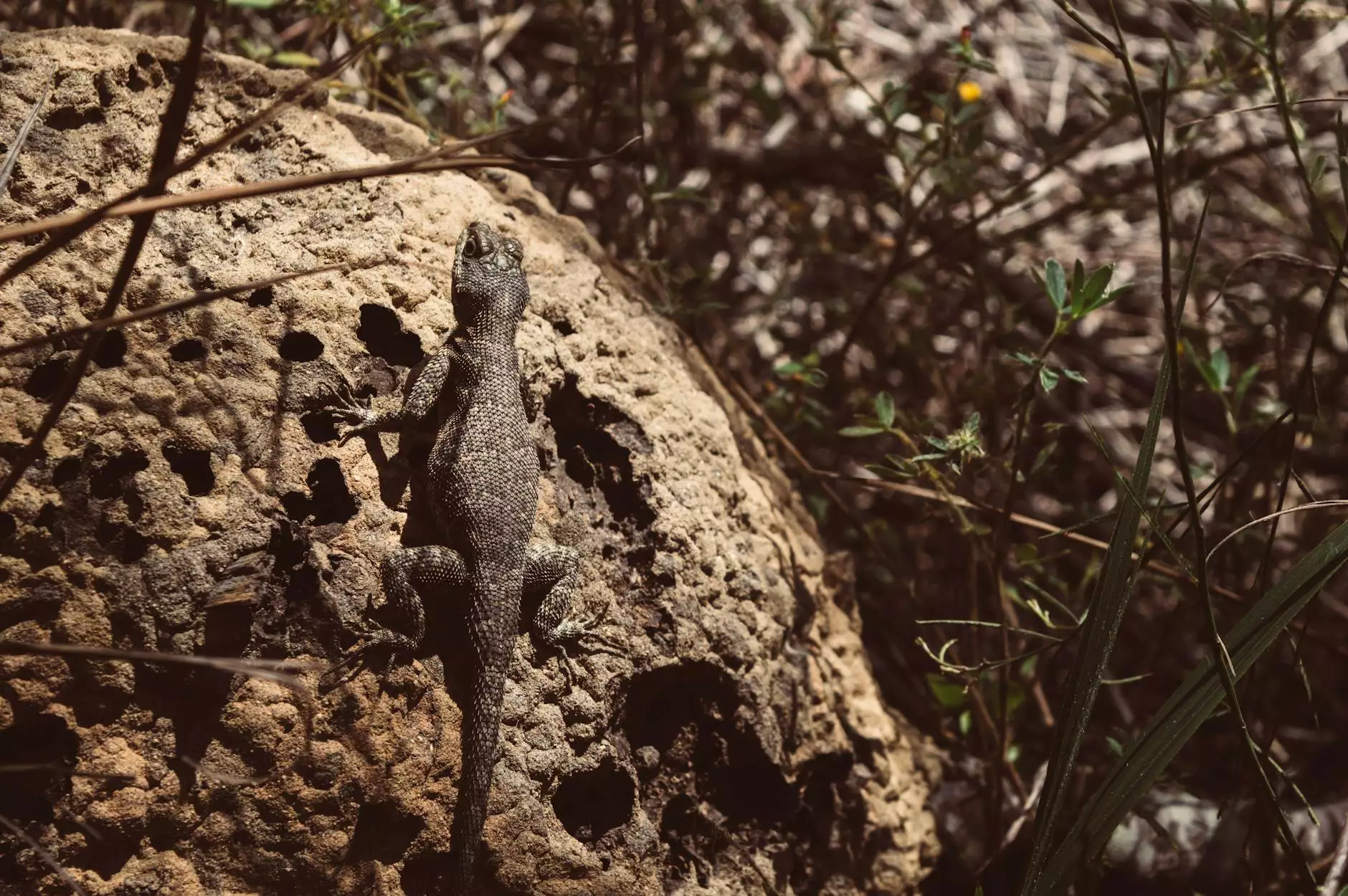Buy Geckos: The Ultimate Guide to Your Exotic Pet

When it comes to unique and exotic pets, geckos have gained immense popularity among enthusiasts and casual pet owners alike. With their vibrant colors, fascinating behaviors, and relatively low maintenance needs, geckos offer an exciting opportunity for those looking to add a touch of the exotic to their lives. In this comprehensive guide, we will explore everything you need to know about buying geckos, from types and care requirements to where to find high-quality breeders.
Why Choose Geckos as Pets?
Geckos are not only visually stunning but also have a variety of attributes that make them excellent pets:
- Diverse Species: There are over 1,000 species of geckos, including popular types like the Leopard Gecko, Crested Gecko, and the Gargoyle Gecko.
- Unique Behaviors: Geckos exhibit interesting behaviors such as vocalization and climbing, which can be entertaining to observe.
- Low Maintenance: Compared to more traditional pets like cats or dogs, geckos require less daily care and space.
- Hypoallergenic: Geckos do not have fur, making them hypoallergenic and ideal for individuals with allergies.
- Longevity: Many gecko species can live for over a decade with proper care, providing a long-term companion.
Types of Geckos: Finding the Right One for You
Before you buy geckos, it's essential to understand the different species available. Here are some of the most popular types:
1. Leopard Gecko
The Leopard Gecko is one of the most popular pet geckos due to its friendly demeanor and ease of care. They come in various colors and patterns, making them visually striking. Leopard Geckos are nocturnal, primarily feeding on insects.
2. Crested Gecko
Crested Geckos are unique for their frilled crest along their back. They are also known for their ability to "jump" and glide, thanks to their skin flaps. These geckos thrive on a diet of fruit and insects, and they come in many color variations.
3. Gargoyle Gecko
The Gargoyle Gecko, known for its distinctive horn-like structures on its head, is another popular choice. They are equally stunning and come in various colors. They require a similar diet to Crested Geckos, primarily consisting of fruit.
4. Fat-Tailed Gecko
This species is often compared to Leopard Geckos but has a more robust body and a fat tail. They have a calm personality and do well in captivity. Their diet primarily consists of insects, making them easy to care for.
Where to Buy Geckos: Trusted Sources
Finding a reputable source to buy geckos is crucial for ensuring you receive a healthy pet. Here are some options:
1. Local Pet Stores
Local pet shops may carry geckos, but be sure to inquire about the source of their animals. Look for stores that provide excellent care and husbandry.
2. Reptile Expos
Attending reptile expos can provide a great opportunity to buy geckos directly from breeders. You can meet the breeders, see their animals' living conditions, and ask questions.
3. Online Reputable Breeders
Many breeders operate online, making it possible to browse a wide variety of geckos. Websites like eu-exoticreptiles.com are examples of places where you can find high-quality exotic reptiles. Make sure to check their reviews and policies on shipping and health guarantees.
4. Rescue Organizations
Consider adopting a gecko from a local reptile rescue or shelter. Many geckos are in need of loving homes, and you may find a unique species that fits your family perfectly.
Gecko Care: Essential Tips
Once you've decided to buy geckos, understanding their care requirements is vital:
1. Enclosure Setup
Creating a suitable habitat for your gecko is essential for their health and happiness. Here are some key components:
- Size: The enclosure size depends on the species. Typically, a 20-gallon tank works well for most smaller geckos.
- Heating: Use heat mats or incandescent bulbs to create a temperature gradient (warm side 85-90°F, cool side 70-75°F).
- Humidity: Each species has different humidity needs. For example, Crested Geckos require higher humidity, while Leopard Geckos thrive in drier environments.
- Hiding Spots: Include various hiding places to make your gecko feel secure.
- Substrate: Ensure the substrate is suitable; loose substrates are not recommended for juvenile geckos due to choking hazards.
2. Nutrition and Diet
Feeding your gecko a balanced diet is critical for their health. Generally, geckos are insectivores, but some species require added nutrients, such as:
- Insects: Crickets, mealworms, and roaches are staples in a gecko's diet.
- Commercial Diets: Many geckos, especially Crested Geckos, do well on commercially prepared diets rich in vitamins and minerals.
- Calcium Supplements: Dust insects with calcium powder several times a week to ensure strong bone health.
3. Handling and Behavior
Understanding your gecko's behavior is essential for forming a bond. Handle your gecko gently, allowing time for them to adjust to your presence, especially right after bringing them home. Limit initial handling to a few minutes daily, progressively increasing as they become more comfortable.
4. Health Monitoring
Regularly check your gecko for any signs of illness, such as lethargy, refusal to eat, or abnormal behavior. A visit to a reptile veterinarian is recommended if you notice any unusual symptoms. Regularly clean their enclosure to prevent bacteria buildup and maintain a healthy environment.
FAQs About Buying Geckos
1. How much does it cost to buy a gecko?
The price of a gecko can vary widely depending on the species, age, and breeder. Generally, you can expect to pay anywhere from $30 to $300 or more for more exotic or rare species.
2. Are geckos easy to take care of?
Most gecko species are relatively easy to care for, requiring minimal daily maintenance. If you provide the right habitat, diet, and health monitoring, being a gecko owner can be a rewarding experience.
3. Can geckos live together?
While some gecko species can coexist, many are territorial and may fight. It's best to research the species you are buying to understand their social behaviors before planning to house them together.
4. What is the lifespan of a gecko?
Gecko lifespans vary by species. On average, leopard geckos live for 10-20 years, while crested geckos can live up to 15 years with proper care.
Conclusion: Your Journey to Owning a Gecko
Buying a gecko is an exciting venture filled with opportunities to learn and grow as a pet owner. By understanding the needs of your chosen species and ensuring you obtain your gecko from a reputable source, you can enjoy a fulfilling experience as a gecko enthusiast. Remember, the responsibility of pet ownership means being aware of your gecko's health and well-being. Happy herping!









